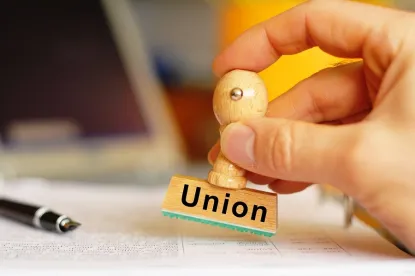Employers are increasingly aware that an inclusive workplace is synonymous with one that does not tolerate abusive conduct, personal attacks or any form of harassment, especially harassment that is based on an employee’s race, sex, national origin or any other protected characteristic. Permitting such behavior and conduct not only creates an unbearable workplace, but also exposes an employer to liability. Just last month, the National Labor Relations Board (Board) finally got the message.
For too long, the Board has required employers to tolerate an employee’s abusive conduct when the conduct is cloaked in Section 7 activity, i.e., union activity. Thus, the Board has permitted an employee to shout racial slurs at a co-worker because the target of the attack chose to work during a strike. The Board has also required a business owner and a manager to re-employ employees who attacked them with a barrage of profanity, including on social media, because the barrage came in the context of union activity.
In July, the Board finally reconciled an employer’s obligation to permit lawful union activity and the obligation to take corrective action to prevent harassment and abusive conduct. General Motors LLC, 369 NLRB No.127 (2020). The Board did so by establishing a new legal standard for determining whether an employer has violated the National Labor Relations Act (NLRA) when taking disciplinary action against an employee who has engaged in harassment or abusive conduct. Put simply, the Board stated that the NLRA does not protect abusive conduct, meaning that employers may discipline employees who engage in harassment or abusive conduct even if that conduct occurs in the context of “protected concerted activity.” The Board defined this type of behavior by way of example, “e.g., profane ad hominem attack[s] [and] racial slurs.” The Board will likely determine the scope of this definition in future decisions.
Of course, an employer may not discriminate when taking corrective action. In other words, if an employer fails to act against employees who engage in similar abusive behavior, but addresses it when it occurs in the context of union activity, the Board will likely conclude that the true reason for the discipline was the union activity, not the bad behavior.
So, when does this new standard apply? Fortunately, the Board announced that it would apply the standard in each of the instances in which civility often falls by the wayside with union interactions—communications with managers, social media posts, and activity on the picket line. Does this mean that an employer should expect polite picket lines, civil social media posts, and courteous complaining from employees? Maybe not, but employers are likely to test the limits of how the Board defines this new category of unprotected, abusive activity.



 />i
/>i

